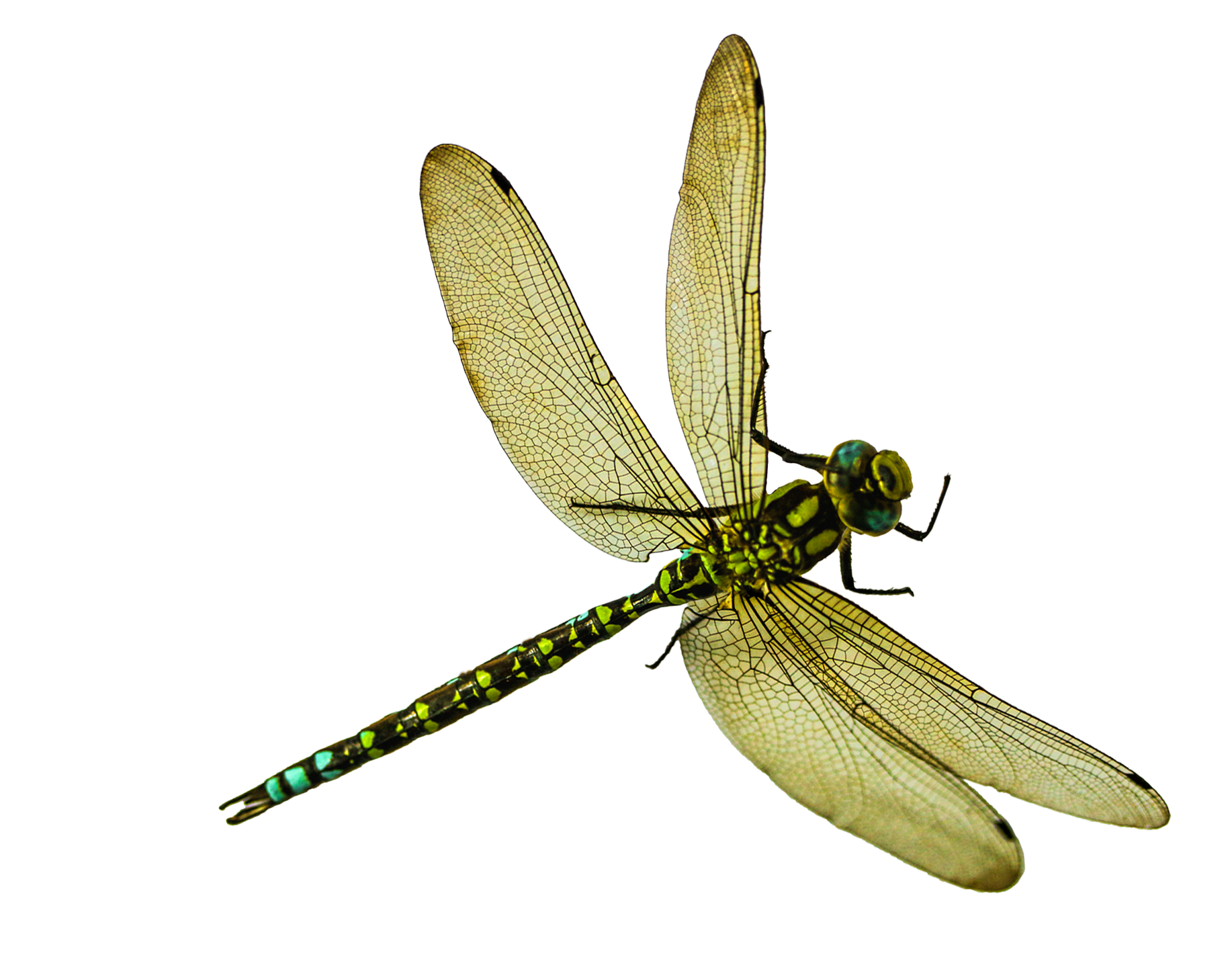Yarrow can grow in Tucson, Arizona:
Western Yarrow: Achillea millefolium
 Moonshine yarrow: Achillea x ‘Moonshine’
Moonshine yarrow: Achillea x ‘Moonshine’
Hardiness: Yarrow is fully hardy in Tucson.
Sun tolerance: Yarrow can tolerate full morning sun to all-day light shade, but it does best in full sun.
Soil requirements: Yarrow can adapt to many soil types, but it does best in well-drained soil.
Watering: Yarrow should be watered regularly, but fertilizer can negatively impact its longevity and flowering.
Pruning: Yarrow should be divided every couple of years to maintain its vigor and keep it in bounds.
Staking: Yarrow may require staking.
Allergic reaction: Some people may have an allergic reaction to the foliage or sap of yarrow.
Yarrow is a strong-scented plant that’s common in the northern hemisphere, including Arizona’s high country. It’s not a desert species, but it can be found in high desert situations.
Yarrow (Achillea millefolium) is a plant that has many uses, including:
Healing wounds: Yarrow has been used to stop bleeding and promote healing of wounds and cuts. It can be applied directly to wounds or crushed into a paste with water.
Treating fevers and colds: Yarrow tea has been used to treat fevers and colds.
Relieving pain: Yarrow can help with toothaches, muscle spasms, and PMS spastic pain.
Reducing inflammation: Yarrow has been used to treat Crohn’s disease and ulcerative colitis.
Soothing stomach issues: Yarrow may help with indigestion, heartburn, and stomach cramps.
Gardening: Yarrow can be grown as a cut flower or dried flower, and its cultivars come in a variety of colors.
Yarrow has been used in many cultures for many health conditions, but there is little scientific evidence to support its benefits. Yarrow can also interact with certain medications, including blood thinners, medications for high blood pressure, and medications that reduce stomach acid.
Yarrow may be unsafe for people who are pregnant, breastfeeding, or have bleeding disorders. It may also cause an allergic reaction in people who are sensitive to the Asteraceae/Compositae family, which includes ragweed, chrysanthemums, marigolds, and daisies.

